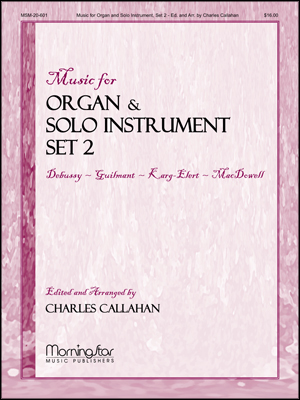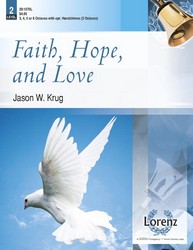1 Who knows how near my end may be?
Time speeds away, and death comes on;
How swiftly, ah! how suddenly,
May death be here and life be gone!
My God, for Jesus’ sake I pray
Thy peace may bless my dying day.
2 The world that smiled when morn was come
May change for me ere close of eve;
So long as earth is still my home
In peril of my death I live;
My God, for Jesus’ sake I pray
Thy peace may bless my dying day.
3 Teach me to ponder oft my end,
And ere the hour of death appears,
To cast my soul on Christ, her Friend,
Nor spare repentant sighs and tears;
My God, for Jesus’ sake I pray
Thy peace may bless my dying day.
4 And let me now so order all,
That ever ready I may be
To say with joy, Whate’er befall,
Lord, do Thou as Thou wilt with me;
My God, for Jesus’ sake I pray
Thy peace may bless my dying day.
5 Let heaven to me be ever sweet,
And this world bitter let me find,
That I, 'mid all its toil and heat,
May keep eternity in mind;
My God, for Jesus' sake I pray
Thy peace may bless my dying day.
6 O Father, cover all my sins
With Jesus’ merits, who alone
The pardon that I covet wins
And makes His long-sought rest my own;
My God, for Jesus’ sake I pray
Thy peace may bless my dying day.
7 His sorrows and His cross I know
Make death-beds soft, and light the grave,
They comfort in the hour of woe,
They give me all I fain would have;
My God, for Jesus’ sake I pray
Thy peace may bless my dying day.
8 From Him can naught my soul divide,
Nor life nor death can part us now;
I thrust my hand into His side,
And say, My Lord and God art Thou!
My God, for Jesus' sake I pray
Thy peace may bless my dying day.
9 In holy Baptism long ago
I joined me to the living Vine;
Thou lovest me in Him, I know,
In Him Thou dost accept me Thine;
My God, for Jesus' sake I pray
Thy peace may bless my dying day.
10 And I have eaten His own flesh
And drunk His blood,--nor can I be
Forsaken now, nor doubt afresh,
I am in Him, and He in me.
My God, for Jesus' sake I pray
Thy peace may bless my dying day.
11 Then death may come, or tarry yet,
I know in Christ I perish not,
He never will His own forget,
He gives me robes without a spot.
My God, for Jesus’ sake I pray
Thy peace may bless my dying day.
12 And thus I live in God at peace,
And die without a thought of fear,
Content to take what God decrees,
For through His Son my faith is clear,
His grace shall be in death my stay,
And peace shall bless my dying day.
Source: Evangelical Lutheran Hymn-book #544


 My Starred Hymns
My Starred Hymns









